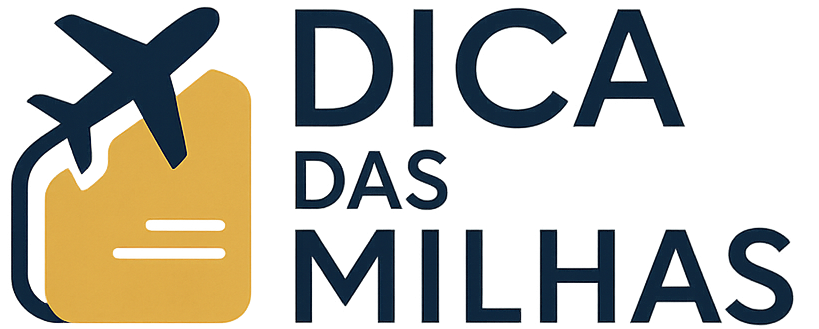Understanding the Value of a Mile
Before diving into specific scenarios, it’s important to remember that miles and points have real monetary value, but this value isn’t fixed. It depends on:
- How many miles are required for a redemption
- The cash price of the same ticket or hotel night
- Taxes, surcharges, and fees
- Redemption rules and availability
A simple formula helps you determine the value of a redemption:
(Cash price – Taxes and fees) ÷ Miles required = Value per mile
If that number is lower than the average value of your miles, it’s a weak redemption — and you should probably pay cash instead.
Poor-Value Domestic Flights
Domestic routes, especially short-haul or off-peak flights, often have cheap cash fares. In many cases, using miles here yields less than 1 cent per mile in value.
Example
- Miami to Orlando
- Cash fare: $89
- Award: 15,000 miles + $5.60
- Value per mile: ($89 – $5.60) ÷ 15,000 = $0.0055 (0.55 cents)
Better to pay cash and save your miles.
When There Are Airline Award Sales
Airlines frequently offer discounted cash fares that undercut the cost of booking with miles. Since mileage redemptions are tied to dynamic pricing in many programs, miles may still cost more than cash.
Always compare both options before redeeming.
Booking During Transfer Promotions
If your miles came from a flexible bank program, it may be better to wait for a transfer bonus instead of redeeming now.
Example
- Transfer 50,000 points today = 50,000 miles
- Wait a few days = 30% bonus = 65,000 miles
Delaying could save you thousands of points.
When the Redemption Is Close to Expiration
Using miles just because they’re about to expire can lead to waste. Alternatives include:
- Booking useful short trips
- Donating miles
- Paying a small fee to extend them
- Redeeming or earning a small amount to reset expiration
Use miles with intention, not out of fear.
Booking Economy Class with High Surcharges
Some economy redemptions come with heavy fees, especially on European carriers.
Example
- Award: 20,000 miles + $250
- Cash fare: $300
- You save $50 for 20,000 miles — that’s terrible value
In these cases, cash is clearly the better option.
When You’re Trying to Earn Elite Status
If you’re close to qualifying for elite status, it’s better to pay for flights with cash. Award tickets usually don’t count toward elite qualification.
Cash fares help you progress and may come with bonuses, lounge access, and upgrades if you hold status.
Last-Minute Flights with Inflated Mileage Prices
Some airlines increase mileage prices dramatically as the departure date approaches. A flight that cost 25,000 miles last week may now cost 60,000 or more.
If cash prices haven’t changed, it’s smarter to pay with money than use inflated miles.
When Miles Are More Valuable for a Future Trip
Sometimes using your miles now means losing out on a much better redemption later.
Example
- 50,000 miles for a $300 domestic round-trip
- Or use the same 50,000 miles for a $2,500 business class one-way to Europe
The long-term option is worth more than 8x the value.
When You Can Pay the Fare with Points in a Travel Portal
Programs like Chase and Amex allow you to book flights through their portals at a fixed value per point. This can be a better option if:
- Airline award space is limited
- Taxes are high on award tickets
- Portal prices are lower than the redemption cost in miles
It keeps things simple and flexible.
When Booking with Airline Partners Is Cheaper
Redeeming through a partner airline often requires fewer miles and lower fees.
Example
- Lufthansa flight via Lufthansa: 35,000 miles + $300
- Same flight via United: 30,000 miles + $50
- Same flight via Avianca: 27,500 miles + $10
Always compare across partners before redeeming.
When You’re Close to a Future Goal
If you’re just a few thousand miles away from an aspirational redemption — like business class long-haul — don’t waste your balance on low-value trips.
Strategy Tip
Use cash for cheaper trips and hold your miles for more valuable redemptions.
Final Thoughts: Redeeming Miles Should Be Intentional
Miles are currency. Every time you use them, you’re spending value that could take you further if used differently. The smartest travelers know that just because you can redeem doesn’t mean you should.
Before you use miles, always ask:
- Am I getting good value per mile?
- Is this the best possible use?
- Do I have better opportunities coming up?
Don’t burn your miles — invest them wisely.
Elaine A. da Silva is a Brazilian travel and finance enthusiast, best known as the creator of the blog Dica das Milhas. With a strong background in personal finance and a passion for exploring smart travel strategies, she specializes in simplifying the world of airline miles and travel rewards for everyday people. Through her blog, Elaine shares practical tips, insider knowledge, and step-by-step guides to help readers save money and travel more efficiently using loyalty programs and credit card points.







